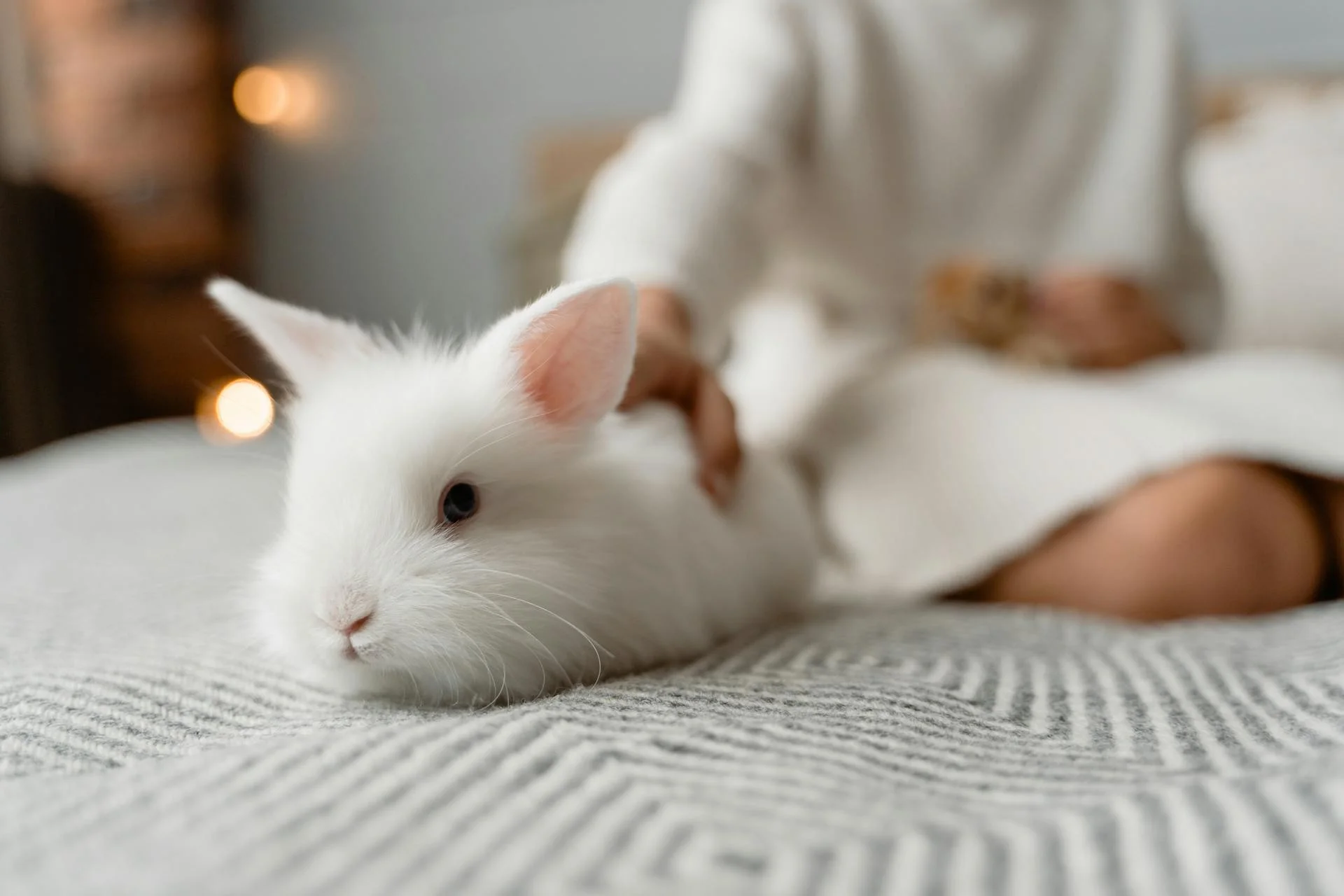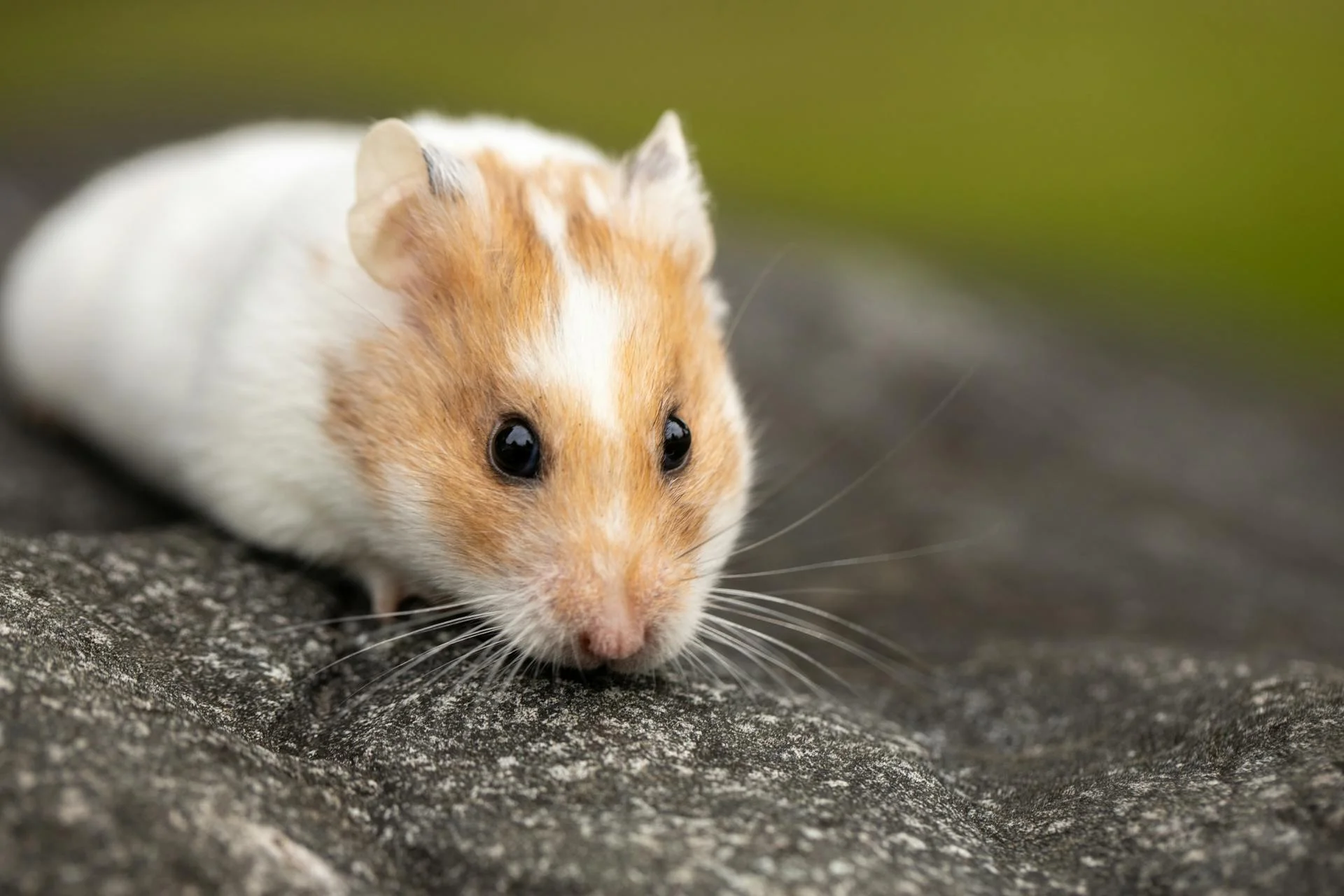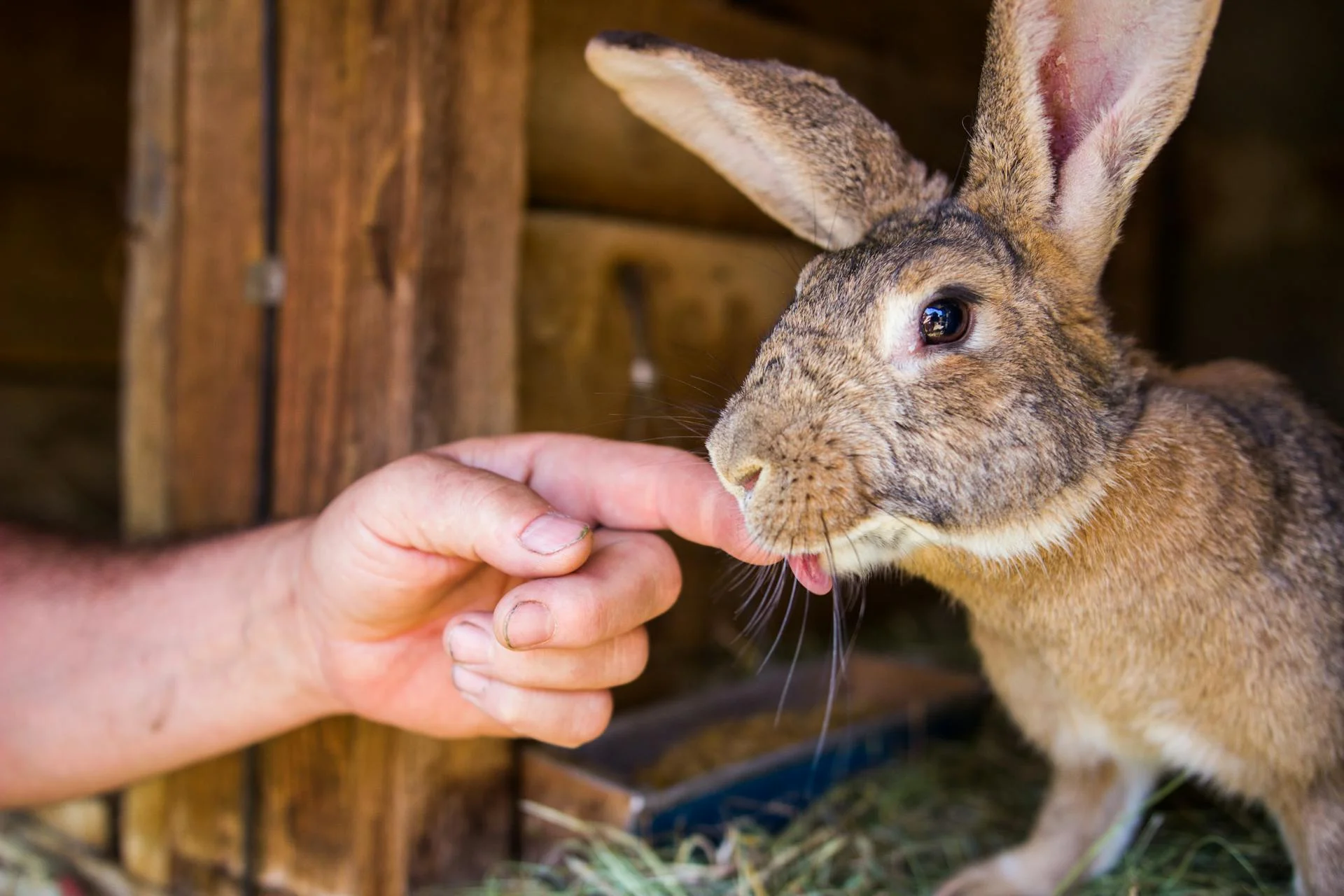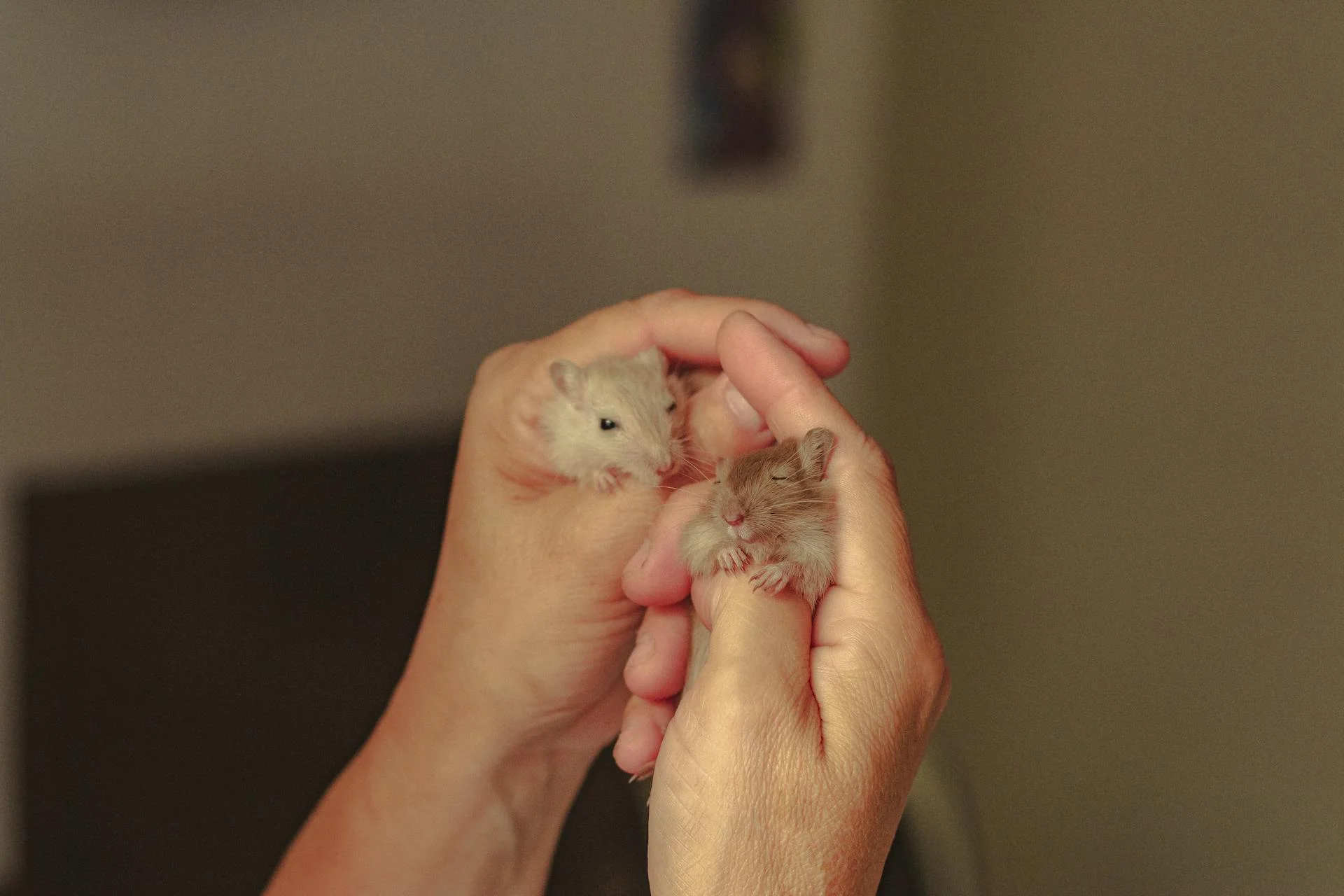Small pets, such as rabbits, guinea pigs, hamsters, and gerbils, make wonderful companions for individuals and families alike. While they may be small in size, these furry creatures have big personalities and unique care requirements. In this blog post, we’ll provide a comprehensive guide to caring for your small pets and ensuring their health, happiness, and well-being.
Housing and Habitat
The first step in caring for your small pet is providing them with a suitable housing environment. Choose a spacious and secure cage or enclosure that allows your pet to move around comfortably and provides ample space for exercise and exploration. Consider the specific needs of your pet species when selecting housing options, such as wire cages with solid bottoms for rabbits and guinea pigs, and glass aquariums or plastic habitats with ventilation for hamsters and gerbils.
Bedding and Substrate
Selecting the right bedding and substrate is crucial for maintaining your small pet’s hygiene and comfort. Choose bedding materials that are safe and absorbent, such as paper-based bedding, hay, or aspen shavings. Avoid cedar and pine shavings, as they can be harmful to small pets’ respiratory systems. Provide a thick layer of bedding to create a cozy and comfortable environment for your pet to burrow and nest in.
Nutrition and Diet
A balanced and nutritious diet is essential for your small pet’s health and well-being. Offer a variety of fresh hay, high-quality pellets, fresh vegetables, and occasional treats such as fruits or nuts. Ensure that your pet has access to clean, fresh water at all times, and monitor their food intake to prevent obesity and nutritional imbalances. Consult with a veterinarian or small pet nutritionist for specific dietary recommendations based on your pet’s species, age, and health status.
Enrichment and Exercise
Small pets are active and curious creatures that require mental stimulation and physical exercise to stay happy and healthy. Provide a variety of toys, tunnels, chew toys, and hiding spots to keep your pet entertained and engaged. Encourage daily exercise and exploration outside of their cage in a safe and supervised area. Interactive playtime with your small pet strengthens the bond between you and provides valuable enrichment opportunities.
Socialization and Bonding
Many small pets, such as rabbits, guinea pigs, and rats, are social animals that thrive on companionship and interaction with their human caregivers. Spend quality time bonding with your pet through gentle handling, grooming, and positive reinforcement training. Respect your pet’s individual personality and preferences, and allow them to initiate contact on their terms. Consider adopting a same-species companion for your pet to provide them with companionship and prevent loneliness, especially for species that are known to be social.
Veterinary Care
Regular veterinary check-ups are essential for monitoring your small pet’s health and detecting any potential issues early on. Find a veterinarian experienced in treating small pets and schedule annual wellness exams for your furry friend. Be proactive about addressing any health concerns or changes in behavior promptly to ensure your pet receives the care they need.
Grooming and Hygiene
Maintaining your small pet’s grooming and hygiene is important for their overall health and comfort. Depending on your pet’s species, grooming tasks may include brushing their fur, trimming their nails, and cleaning their ears and teeth. Provide regular opportunities for your pet to bathe or dust themselves in a shallow dish of water or chinchilla dust, as appropriate for their species.
In conclusion, caring for small pets requires a commitment to providing a safe, stimulating, and nurturing environment that meets their unique needs. By following these guidelines and offering your small pet the love, attention, and care they deserve, you can ensure that they live a happy, healthy, and fulfilling life as part of your family. Remember to tailor your approach to your pet’s individual species, personality, and preferences, and seek advice from experienced small pet owners or veterinarians for personalized guidance and support.











